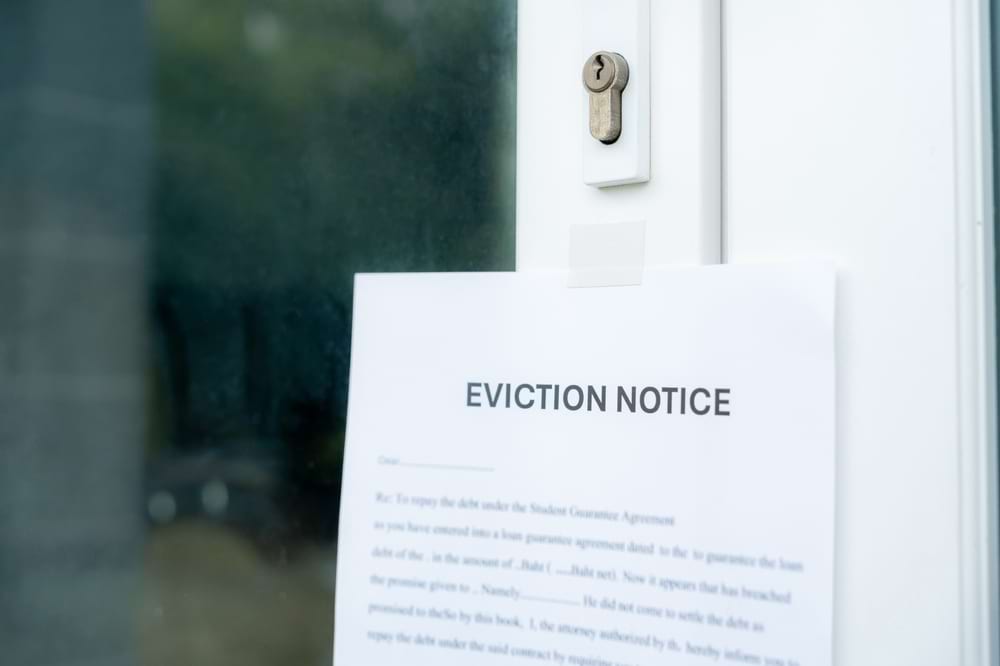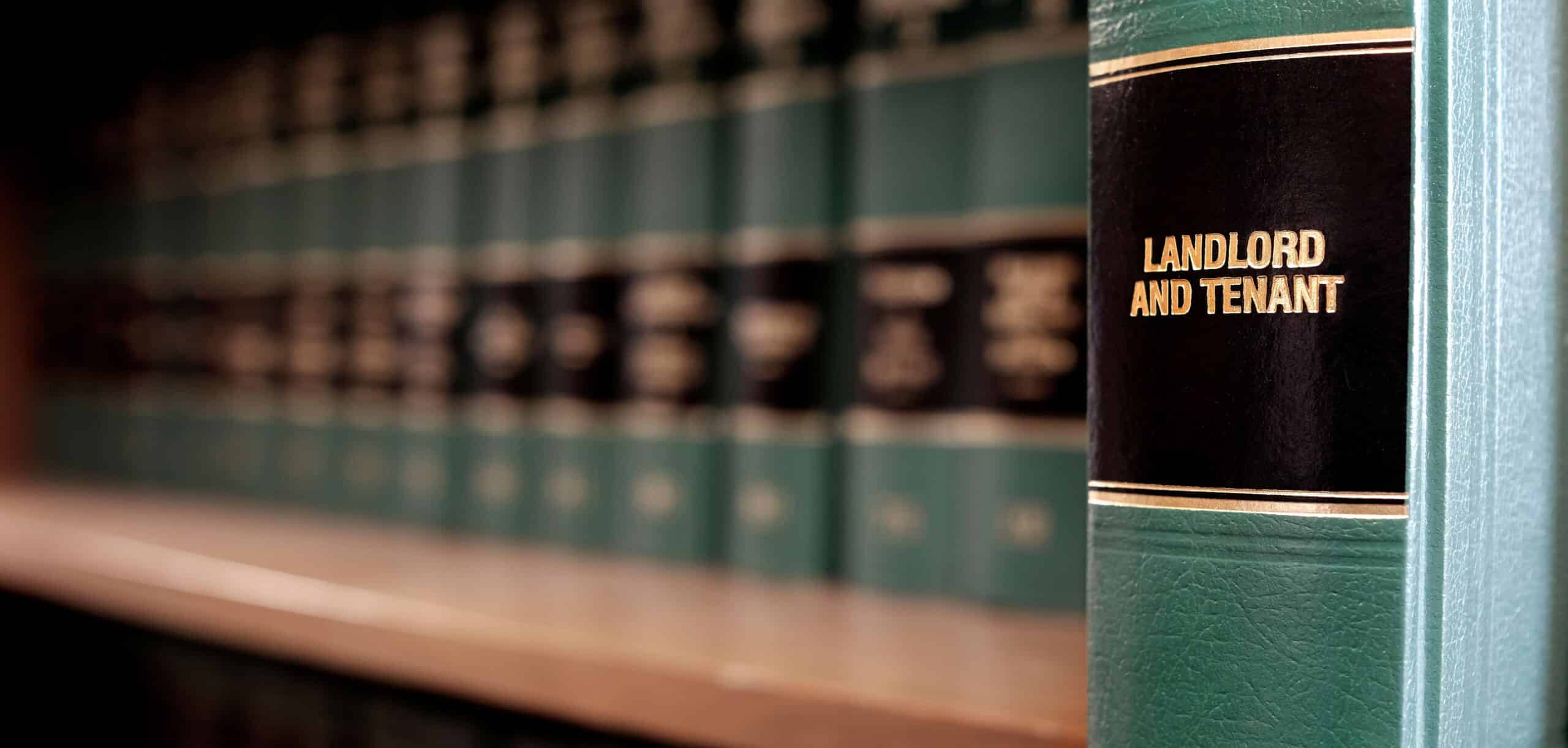Are you considering becoming a landlord or a tenant?
In either case, you should know as much as possible about the different types of tenancy agreements.
One of the most well-known types is assured tenancy.
Read on to find out more about it.
What is assured tenancy?
An assured tenancy is a type of tenancy agreement that usually gives the renter permission to live in a property for the rest of their lives.
Tenants and housing associations usually sign them.
(It is also possible with a private landlord, but the agreement will usually have been signed between 1989 and 1997.)
Clauses in assured tenancies
Tenancy agreements are designed to protect both the rights of tenants’ and landlords’ rights.
Each assured tenancy is different. But some common clauses to see in them include:
- Landlord cannot enter property without tenant’s permission
- Tenants can work from home (they are also allowed to register a business from home)
- Rental rates are only increased in-line with market growth
- Giving four weeks’ notice of rent increases
- Passing on your assured tenancy to someone else.
Contracts will also outline conditions around passing on tenancies. This can often only be done with someone who has lived with the tenant.
Assured tenancies vs assured shorthold tenancies (AST)
Assured tenancies are different to assured shorthold tenancies.
Assured shorthold tenancies are what most private landlords have in place.
They provide a fixed period for tenants. It is often six months or one year but can be longer.
The renter must agree with the landlord for an extension if they want to live beyond this fixed term. Otherwise, they can tell them to leave once the fixed period expires.
An assured tenancy thus gives greater security to the renter. They can live there for as long as they like.
Whereas with an assured shorthold tenancy, they can kick out the renter at the end of the year.
When was assured tenancy first brought in?
Assured tenancies became popular in 1988 in the UK. This is because of the Housing Act 1988.
For the next 8 years, plenty of landlords across the country offered this tenancy agreement on their properties.
They became less common on 27th February 1997, when assured shorthold tenancies came in.
Can the landlord terminate an assured tenancy?
A renter with assured tenancy can only be kicked out under exceptional circumstances.
For example, if they have rent arrears or engage in criminal or antisocial behaviour.
Courts are usually required to resolve these matters.
Can the tenant terminate an assured tenancy?
Tenants can give legal notice to end their tenancy. The contract will clarify how much notice you need to provide.
It is often four weeks, but sometimes longer.
Who repairs an assured tenancy property?
Your tenancy agreement should outline when and how repairs take place. Most housing associations (HA) give renters the right to:
- Gas safety checks every year
- Get repairs done by the HA
- Live in a house without damp and/or other hazards.
Some tenants take it upon themselves to make repairs.
Other common types of tenancy
An assured tenancy is one of the most common agreement types in the UK. But there are others available.
Excluded tenancies
Excluded tenancies (or licences) is when you lodge with your landlord. This means that you share rooms with them such as the kitchen or bathroom.
You are often more vulnerable to eviction in this agreement.
Regulated tenancies
If your tenancy started before 1989, it may be known as a regulated tenancy. Renters usually have substantial rights in this scenario.
You will pay ‘fair rent’ which is below market rate. You could even transfer this tenancy to a new property with the same landlord.
Periodic tenancies
A periodic tenancy is a rental agreement without a fixed end date. It rolls on a weekly, monthly or annual basis. It ends once one of the parties decides to quit.
Your rental agreement outlines when and how this can be done. You may automatically transition into a periodic tenancy if your assured shorthold ends. (Unless, of course, you sign another fixed-term tenancy).
Non-assured tenancies
A non-assured tenancy often means that the usual protections of assured tenancies do not apply.
This could be for dozens of reasons, including (but not limited to):
- The rented property isn’t the tenant’s main home
- It’s a holiday let
- The rent is higher than £100,000 per year
- It is a student letting.
Selling your buy-to-let home quickly
If you’re a landlord looking considering selling a rental property with tenants, we can buy it from you.
We can buy the property using our own cash funds.
This means there is no property chain, so you can sell your house quickly and complete the sale when your tenants leave.




















